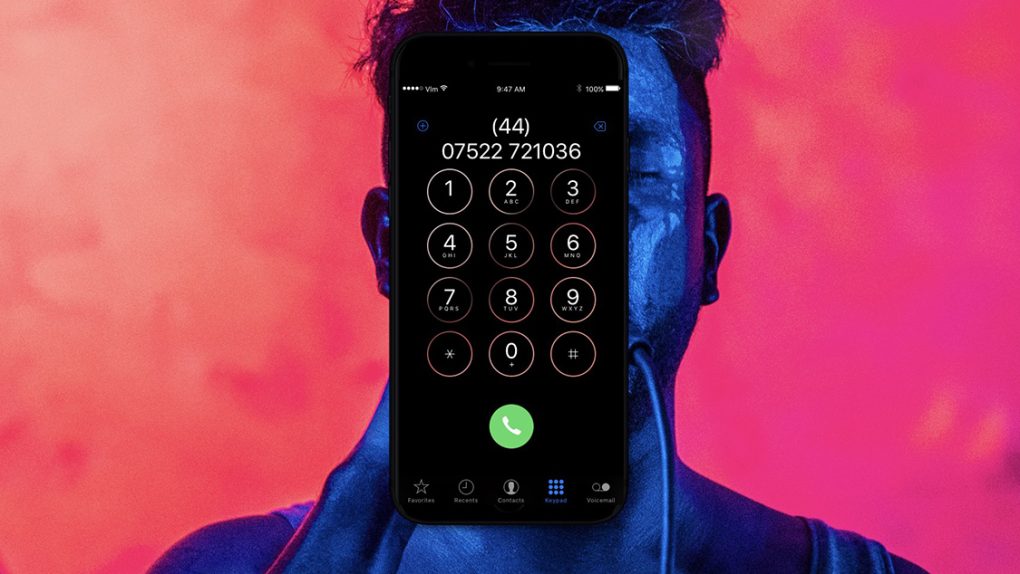Back in August 2015, I penned a piece wondering why on Earth I still bothered to use Android. My personal phone has been an iPhone ever since the first model launched in 2007 and replaced my Nokia smartphones and BlackBerry phones. But I also used to always carry a second Android phone to fill in the gaps. Over time, however, a problem arose: there weren’t any meaningful gaps left to fill. Sure, there are still plenty of Android features that are nowhere to be found in iOS, but none of them are of any real use to me. So, with the exception of review devices I stopped carrying a second phone.
In that article two years ago, I also shared a quick anecdote that stemmed from an old post on Twitter.
https://twitter.com/zacharye/status/445687224483729408
A friend of mine was getting bored with his iPhone, so I spent hours showing him all of the other great options out there. We also dove into all the cool features Android offered, and all the possibilities for customization. He ended up choosing an HTC flagship phone and he loved it… for about a day. After two days, he was annoyed. After three days, he ditched the HTC phone and switched back to his iPhone.
Why? His explanation couldn’t have been more succinct: “I can’t live life as a green bubble.”
While there really aren’t any missing features in iOS that the typical user would have to switch to Android to get, there are features found in Apple devices that can’t be had anywhere else. I’ve discussed this plenty of times here on the site, including in my article back in August 2015.
The reason for this is clear: Apple and Google have very different strategies. Apple makes its money by selling hardware, so the company wants you to keep buying Apple hardware. Google makes its money by collecting data and selling advertisements, so it doesn’t really matter what phone you use as long as you’re using Google’s apps and services. That’s why Google has been giving away Android for free to smartphone vendors ever since it first launched.
Apple will never give iOS away, obviously. The company does have an ad platform for iOS, but it’s mainly to help developers monetize their apps. The money that Apple earns from ads is a miniscule fraction of the billions it pulls in from iPhone sales. And in order to help ensure its customers continue to purchase more iPhones, Apple offers several services and features that can’t be found anywhere else.
With iOS 11, users will be even more locked into Apple’s ecosystem than they already are. Going back to my friend’s example, even back in 2014 he couldn’t bear to be without iMessage. At that point, it didn’t even have any unique features. Today, iMessage is packed full of stickers and special effects that people can only see if they too are using iMessage. And in iOS 11, Apple’s Messages app gets a nice redesign that makes these features even more prominent.
Apple’s new iOS 11 software will get other exclusive features that will make the Apple ecosystem even more difficult to leave. One example is Apple Pay, which gets a new peer-to-peer payment mechanism in iOS 11. Why use PayPal or Venmo when you can send your friends money using Apple Pay right from within the messaging app you’re already using to chat? Jump ship to Android, and that’s no longer an option. And what about Apple’s impressive new augmented reality features? Rumors suggest there will be some pretty impressive social features tied to AR in iOS 11, as well as face scanning in the iPhone 8.
That’s just the tip of the iceberg when it comes to locking users into iOS. This will continue to be a big focus for Apple and as long as it is, it will be more and more difficult to leave iOS for Android.








